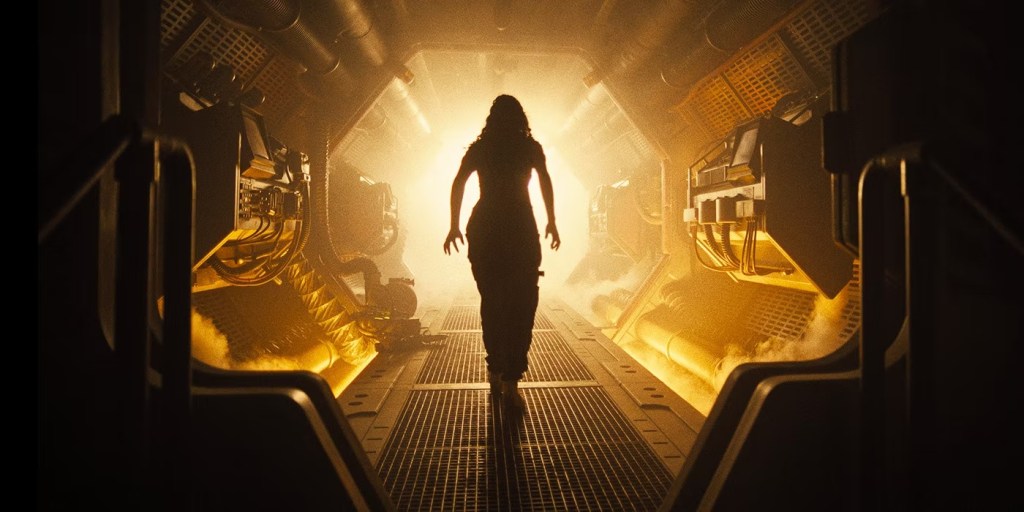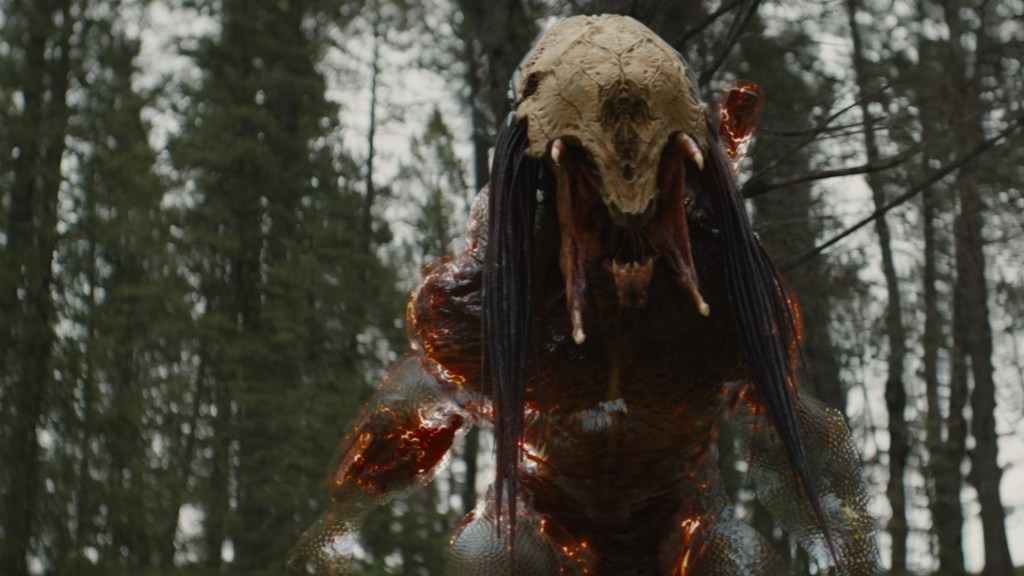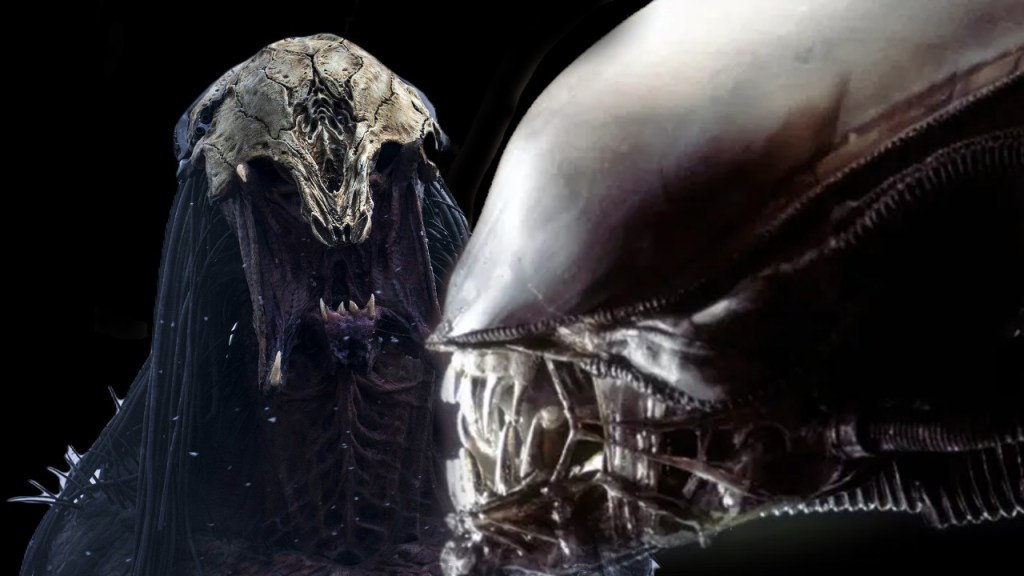When Fede Alvarez stated that his film Alien: Romulus would be a return to the way things used to be for the Alien franchise, it was greeted with natural enthusiasm. Alvarez promised as much practical effects work as possible for starters. Couple that with genuine love and understanding of what made Alien and Aliens particularly such seminal classics, and it’s fair to say our first glimpses of the latest Alien movie have built excitement.
I am excited to finally see a brand new official Alien movie in theaters, and the fact that it looks like we could have a really good one for the first time in decades certainly helps.
But there’s still a little trepidation. Going back to basics makes sense for an increasingly nutso franchise that changes its design ethos as often as the Sonic the Hedgehog game series does. Pare it back; give us a haunted house in space with some action and gruesome body horror, and that’ll do.
My only worry (and yes, it could just be my worry) is that I’m not sure the magic Alvarez will aim for is still possible. In the years since Aliens, the franchise has been through something of an identity crisis. That has led to messy retcons aplenty and a convoluted, incoherent sprawl of xenomorph lore and variants.
Alien’s checkered past has maimed its mystery

Ironically, nobody did more damage to the allure and mystery of the xenomorph than Ridley Scott, who teased the beast’s origin in Prometheus and blew it wide open in Alien: Covenant. Impressive work given AvP2: Requiem should have killed off any interest in this series beforehand by virtue of being a horrid turd that was so sure of its shitness that it cloaked everything with a kind of darkness that makes the Game of Thrones final season night scenes look like broad daylight.
So, now that we are far removed from the days of unknowing, can Fede Alvarez really take us back to how things used to be? Well, probably not all the way, but we can find some hope of revitalization in the Xenomorph’s on-off cinematic rival.
While the Predator series hasn’t really enjoyed the pop culture impact of the Xenomorph, it has had a similar issue getting back to what made it appealing to begin with. There have always been shreds of John McTiernan’s sci-fi action colossus in subsequent sequels, and I can’t say I hate any of the Predator films we got. However, they increasingly felt distant from the raw power of the original. I’m not as down on Shane Black’s The Predator as most, but I understand why it upset many Predator fans. Its critical reception and box office performance looked like a death knell, especially once Disney picked up the 20th Century Fox franchise, but instead, we got a revival.
Prey for another chance

Dan Trachtenberg’s Prey stripped back the formula and went back to basics in a more literal sense. Set in 1719, we get to see the hunt of a Predator in an era when man’s weaponry was not so advanced.
It changed the dynamic of the hunt, and meant we got to see an earlier version of the alien creatures than we’d been used to up to that point. Suddenly, there was a mystery to an overexposed monster once more, but also a reminder of how dangerous and brutal it is.
Not to mention that by having it face off with a talented but green Comanche warrior in Amber Midthunder’s Naru, the balance of power was shifted in an exciting way. Some wonky CG work aside, it breathed fresh life into the franchise for the first time in 32 years (Predator 2 rocks).
So Alien: Romulus obviously won’t be heading to the 1700s, and it’s hard to reclaim the mystery of the Xenomorph at this point, but finding a new way to remind us of how deadly a single one of these creatures is would be the best way to get somewhere close to where the Alien franchise once was.










